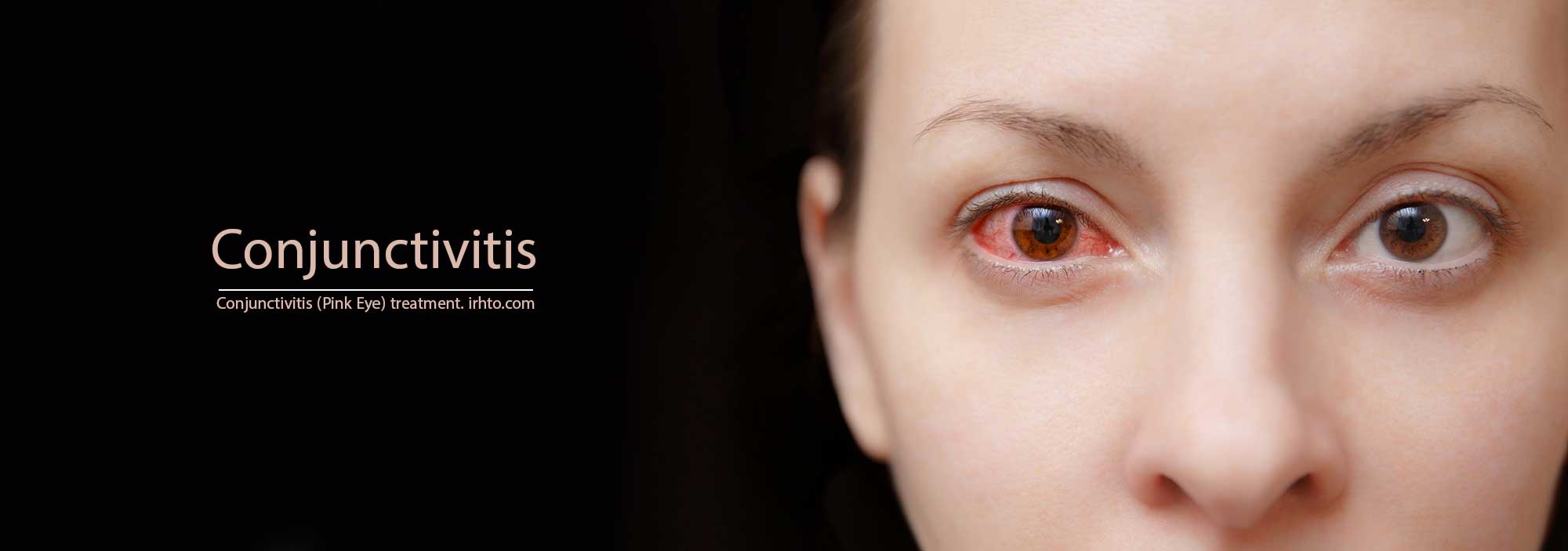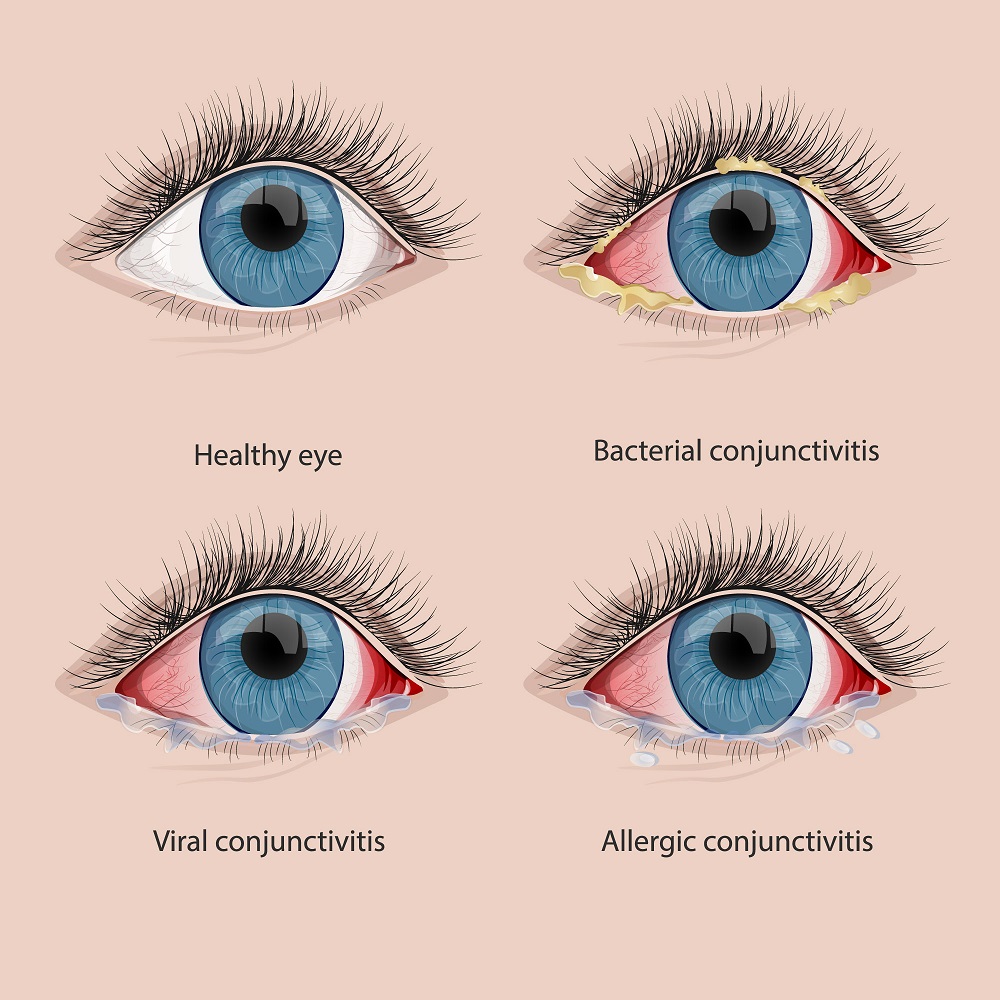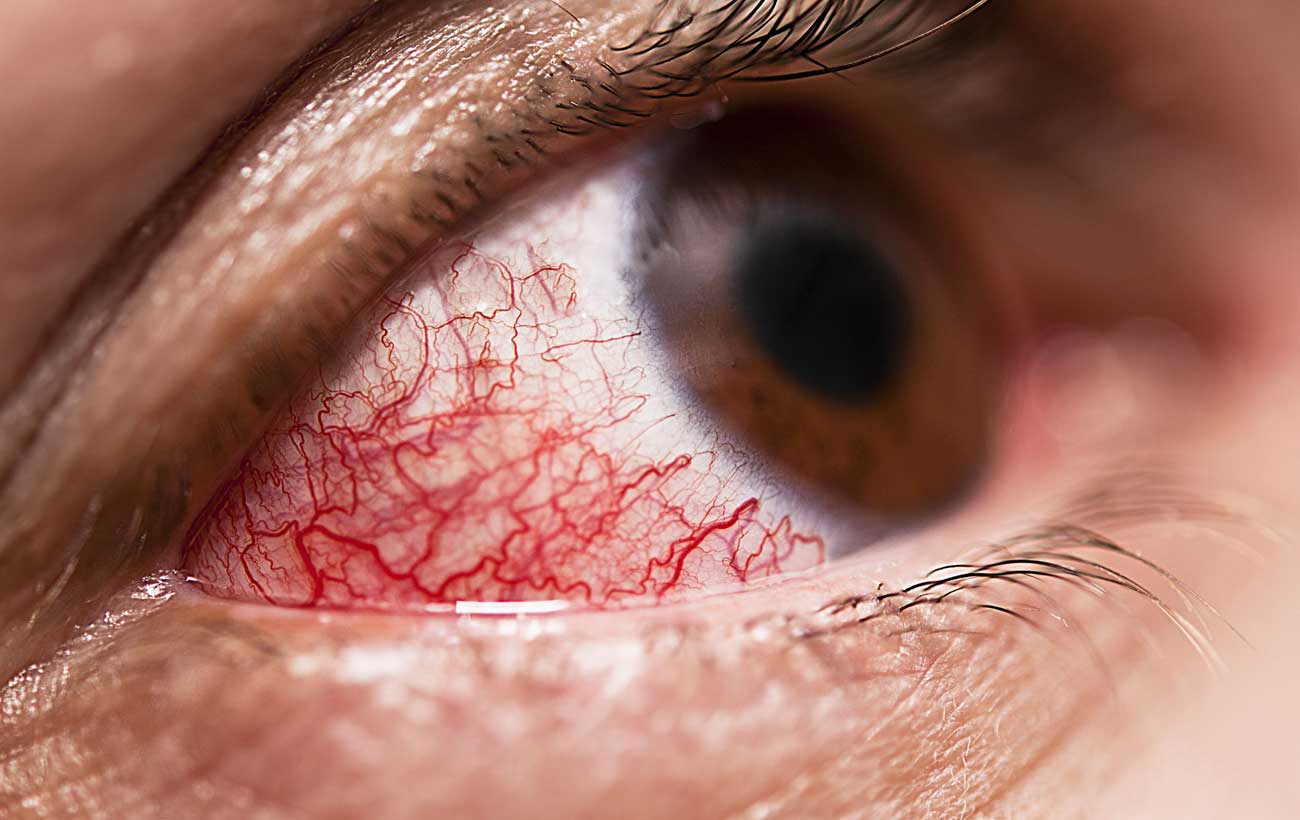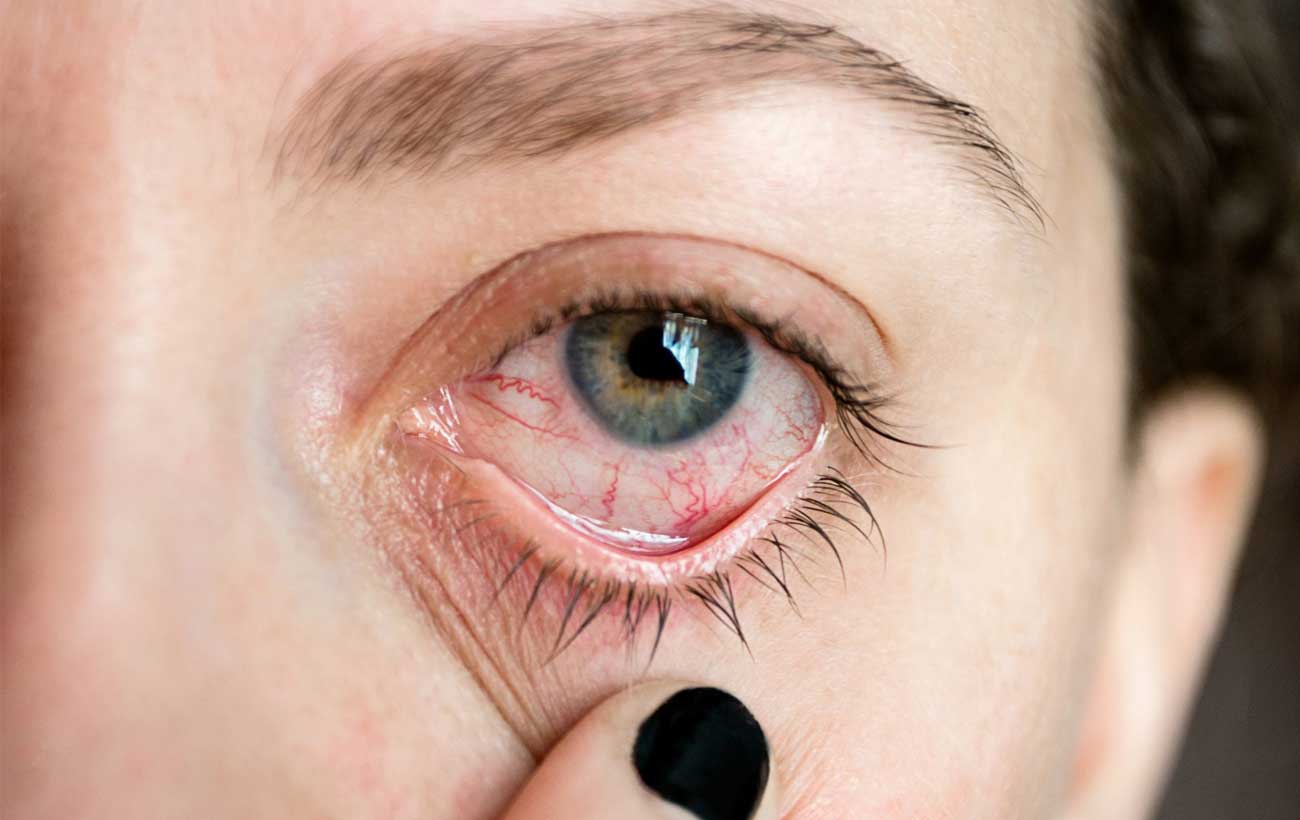A watering eye is an uncommon condition characterized by continuous tearing of the eye. Sometimes…

Conjunctivitis (also called pinkeye) is inflammation of the conjunctiva, the transparent membrane that covers the white of the eye and lines the eyelids. Conjunctivitis is a common condition that can result from a bacterial or viral infection or from an allergy.
Both bacterial and viral conjunctivitis are extremely contagious and can be transmitted from eye to eye or to another person through contact with a contaminated finger, handkerchief, washcloth, or towel. Viral conjunctivitis is very common among young children and can occur with a viral infection of the upper respiratory tract such as a cold. Bacterial conjunctivitis occurs less often but can be more serious. Allergic conjunctivitis is caused by exposure to an allergen (such as pollen or cosmetics) that causes an allergic reaction in which the immune system produces antibodies (infection-fighting proteins) to attack the allergen.
If a pregnant woman is infected with the sexually transmitted disease genital herpes, chlamydia, or gonorrhea, her newborn (up to about 3 days old) may develop a form of conjunctivitis called neonatal ophthalmia from coming into contact with the lining of the cervix during delivery. Neonatal ophthalmia is a potentially serious condition that can result in blindness if not treated.
Treatments
To treat bacterial conjunctivitis, the doctor will recommend gently washing away any discharge with warm water and applying prescription antibiotic eyedrops or ointment to the eyes. The condition should clear up after 1 week. Viral conjunctivitis usually goes away on its own within 7 to 10 days. To treat allergic conjunctivitis, a doctor may recommend using nonprescription or prescription eyedrops to reduce the allergy symptoms. You will also need to identify and avoid exposure to the allergen to prevent future episodes of allergic conjunctivitis. To treat neonatal ophthalmia, a doctor may cleanse the baby’s eyes and eyelids of any discharge, apply antibiotic eyedrops to the eyes, and give antibiotics intravenously (through a vein).
To help prevent conjunctivitis from spreading, wash your hands frequently, and keep them away from your eyes. Use your own towels and washcloths and change them daily, and wash your towels, washcloths, sheets, and pillowcases in hot water.




